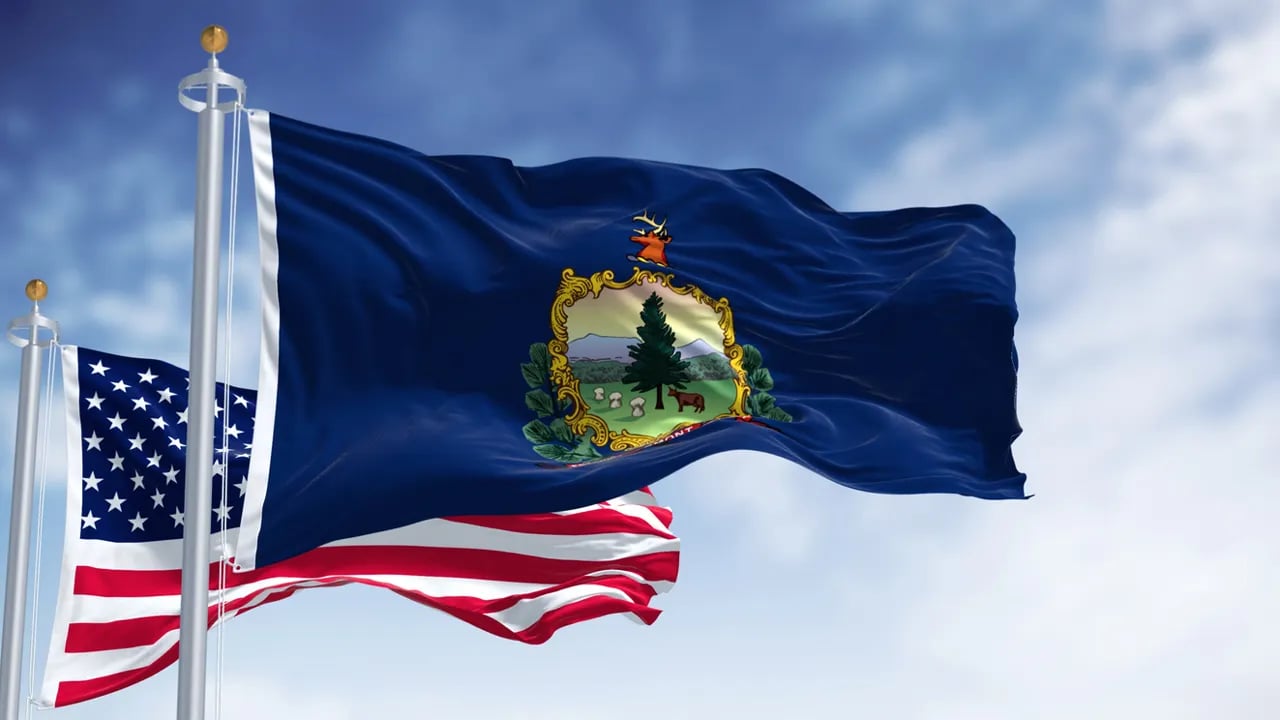Vermont's Past and Present Laws: A Shocking Revelation, Including a Fine for Painting a Horse
In the country, only four states, including Vermont, have a ban on billboards.

Dating back many years, states around the country have featured head-scratching laws.
Some internet laws are merely rumors and myths, while others are legally binding.
In Vermont, there are still laws that prohibit billboards.

Read more about strange Vermont laws below.
While billboard bans are not limited to Vermont, they are not common nationwide.
Four states have a billboard ban: Vermont, Hawaii, Maine, and Alaska.
According to the Vermont Natural Resources Council website, Vermont was the first state to enact the law.
According to the source, the State Billboard Act was passed in 1968.
The law restricts business signs located along a highway.

According to the law, no official business directional sign, on-premises sign, residential directional sign, or exempt sign may be erected or maintained along a highway and visible from the highway that interferes with, imitates or resembles any official traffic control sign, signal or device, or attempts or appears to attempt to direct the movement of traffic.
The law has many intricacies within it.
According to the law, billboards that hinder a driver's view of official traffic control signs and approaching or merging traffic are prohibited.
Additionally, the law prohibits billboards that use any form of light and those placed on trees.
In Vermont, there is a law specifying the consequences for individuals who paint or conceal a horse.
Up to $500 in fines and six months in jail time could be imposed on violators of this law.
According to 13 V.S.A. § 2013, a person who competes in a horse race with the intention of winning a purse or premium offered by an agricultural society, corporation, or association within the State, and falsely represents a horse to be another from what it really is, or enters or drives a horse in a class it is not entitled to be entered in under the rules of such society, corporation, or association, can be imprisoned for up to six months or fined up to $500.00, or both.

In Vermont, there was previously a law that mandated the use of pink dye in imitation butter and cheese products.
The law stated that anyone who sells, exposes for sale, or possesses with the intent to sell an article or compound that mimics butter but is not entirely made from milk or cream and is not pink shall be fined $50 for each package sold or exposed for sale. For each subsequent offense, the fine shall be $100. Half of the fine shall go to the complainant.

us
You might also like
- In the Bryan Kohberger case, a judge in Idaho hears a defense motion regarding the murders.
- A fire broke out in Los Angeles County, prompting officials to issue evacuation orders.
- As fears of ICE raids intensify, a bustling Chicago district, often referred to as the "Mexico of the Midwest," has become a ghost town.
- Injured in a shooting at Antioch High School in Tennessee, three people were left in a lockdown.
- A German national who worked at the Pentagon during 9/11 was allegedly killed by a Vermont Border Patrol agent, according to the family.



















